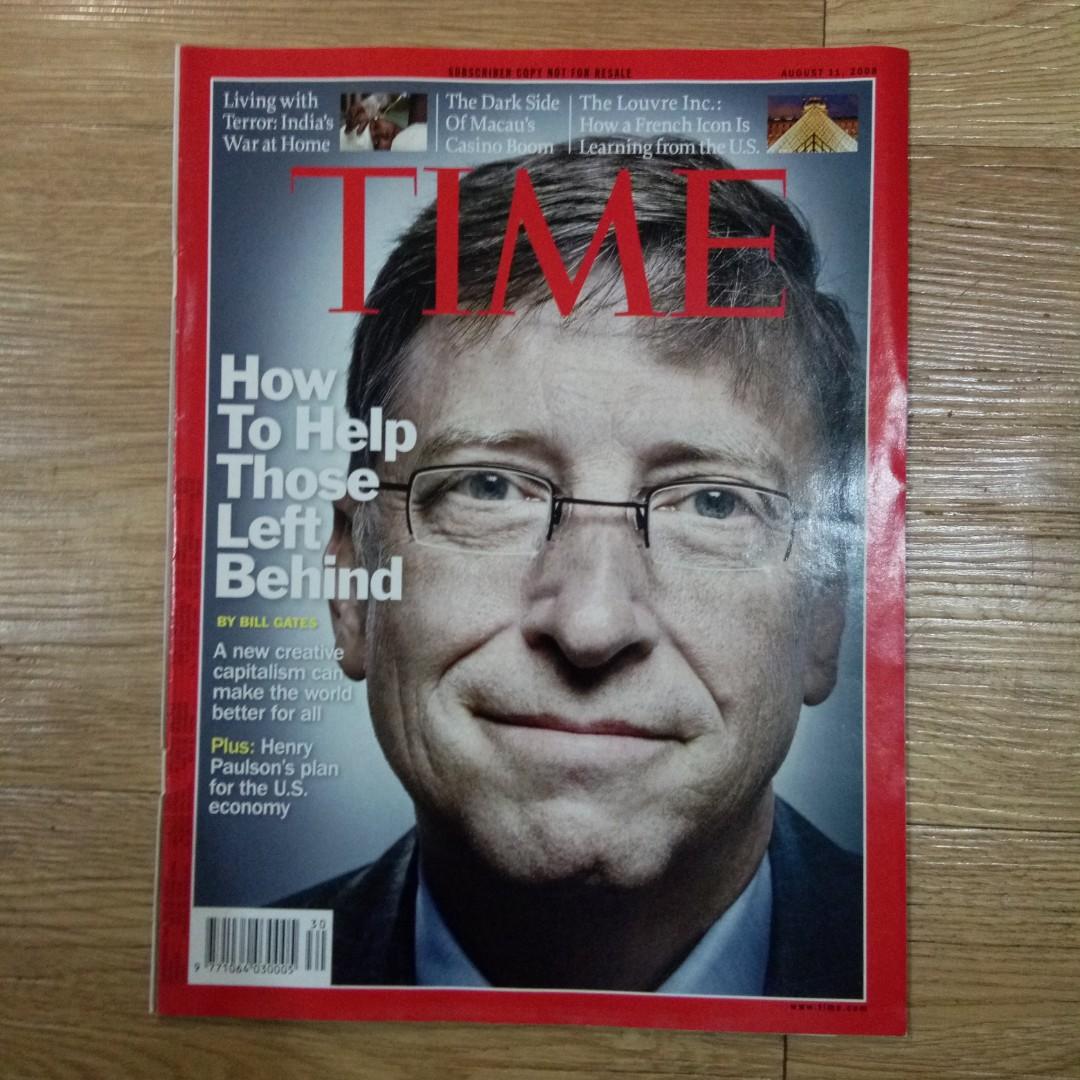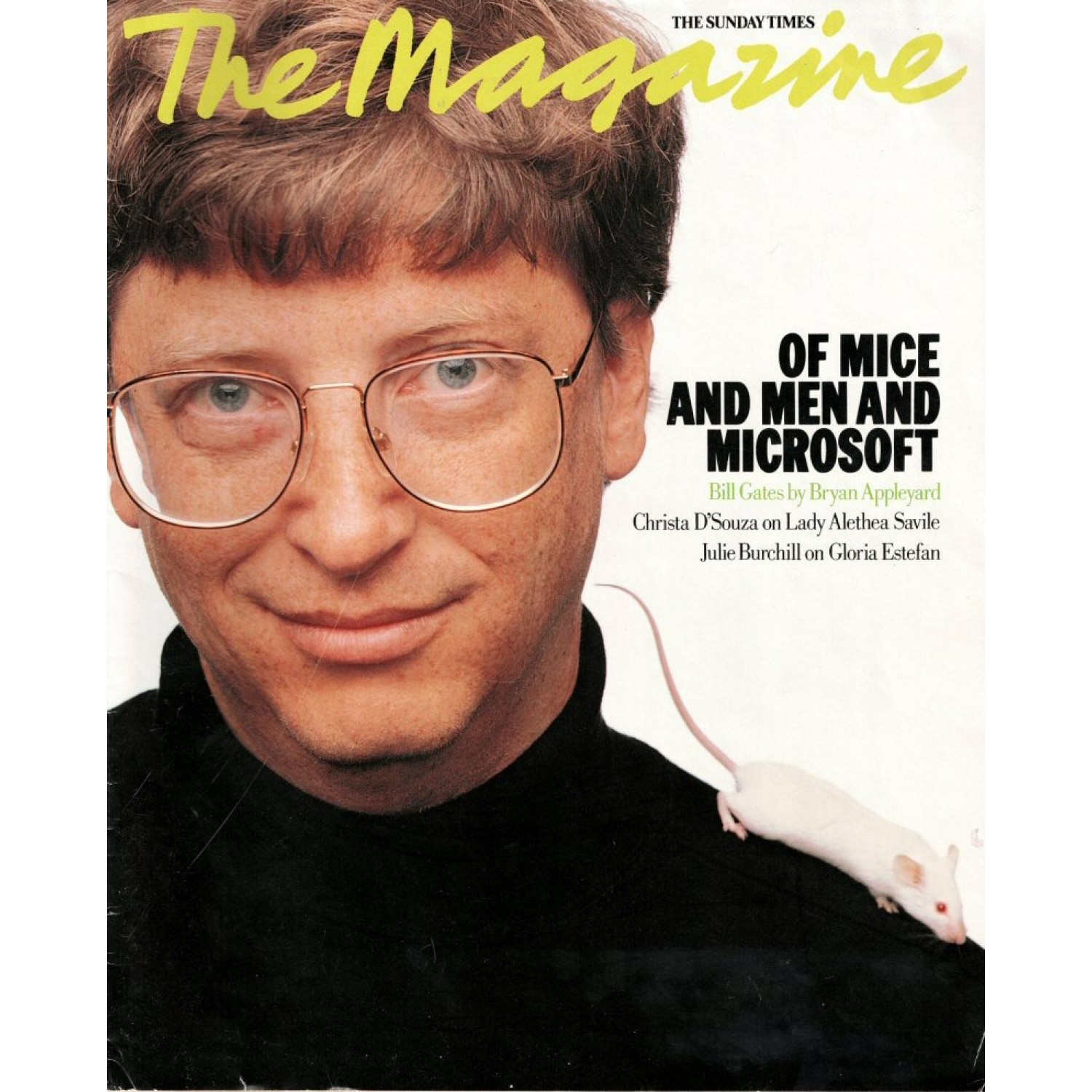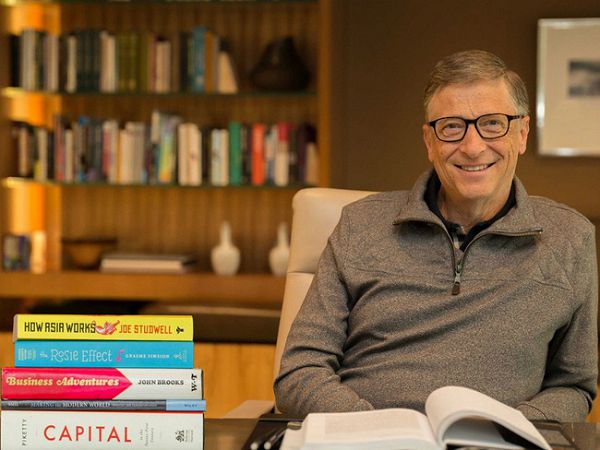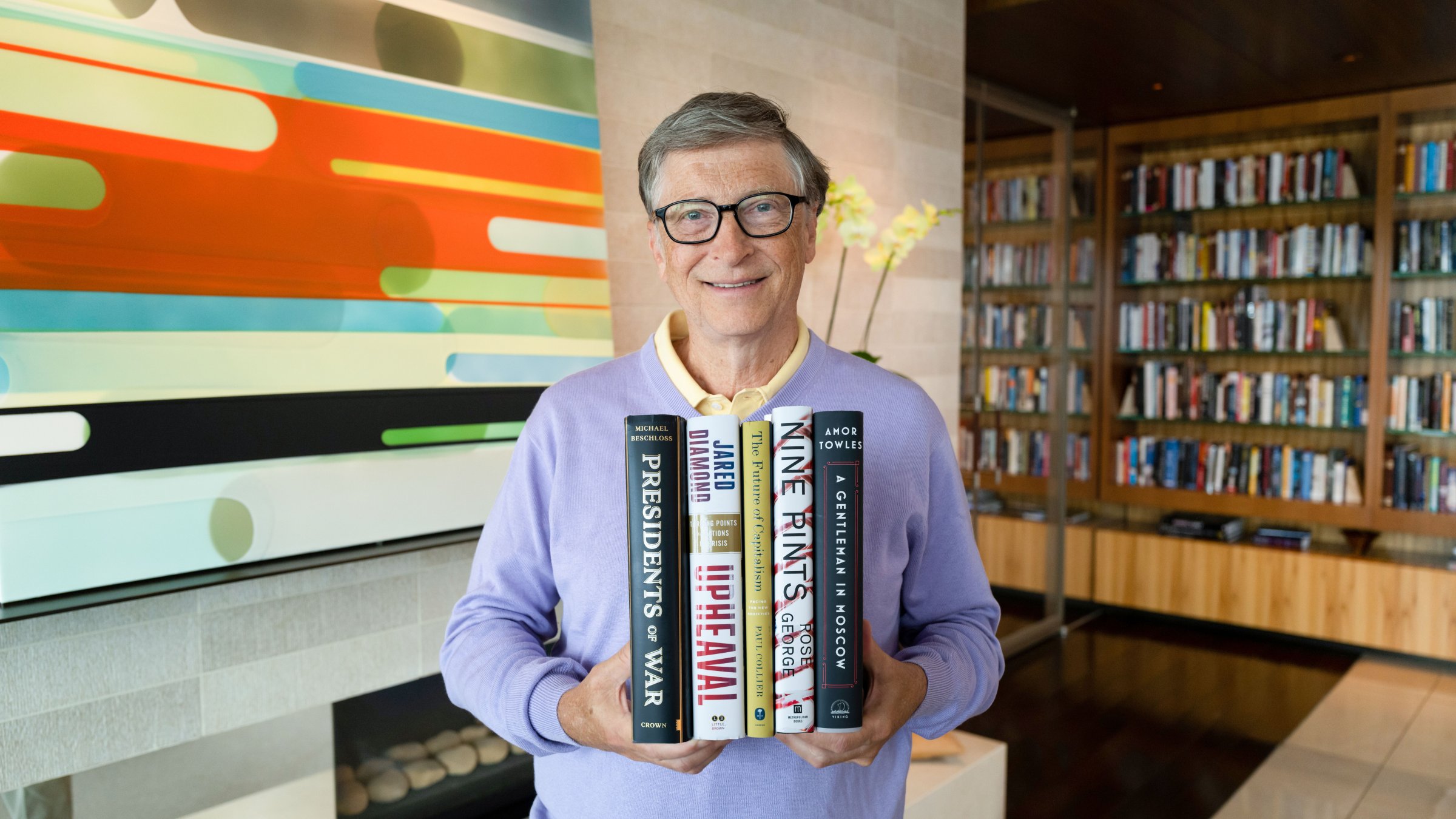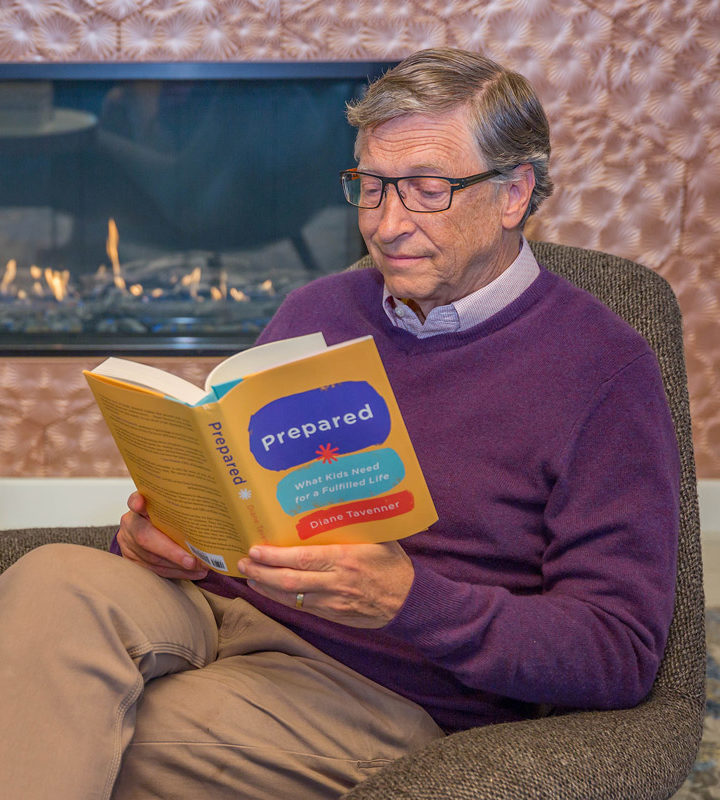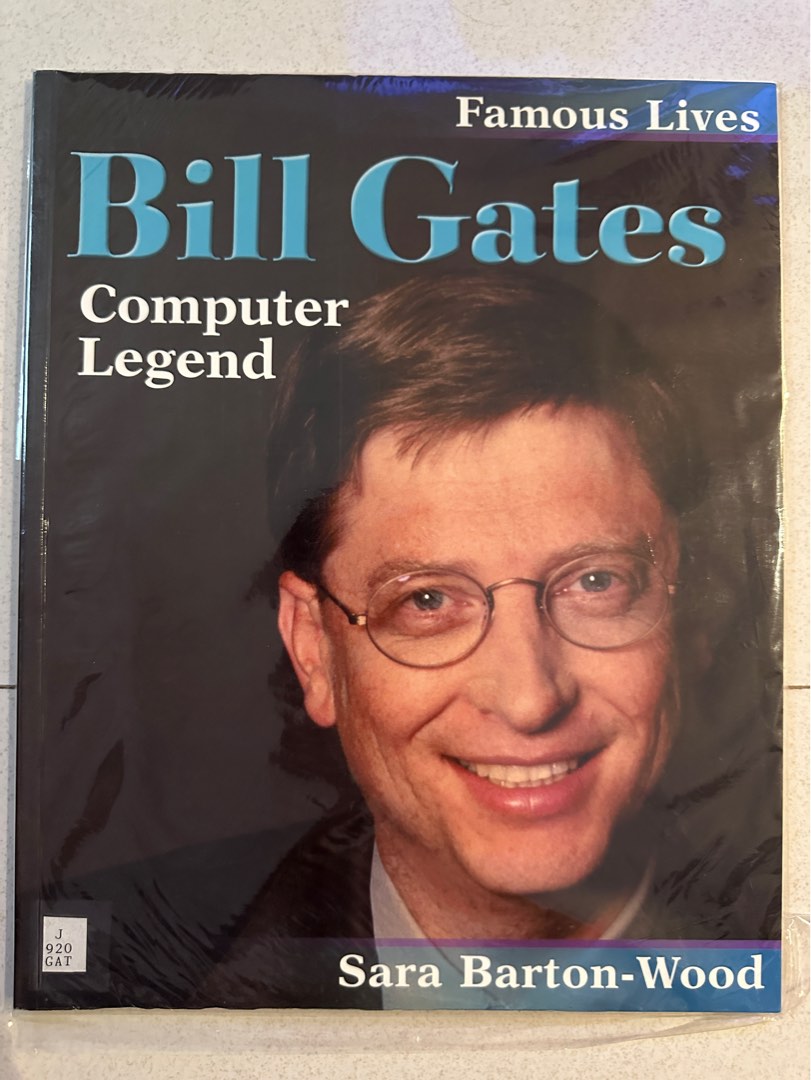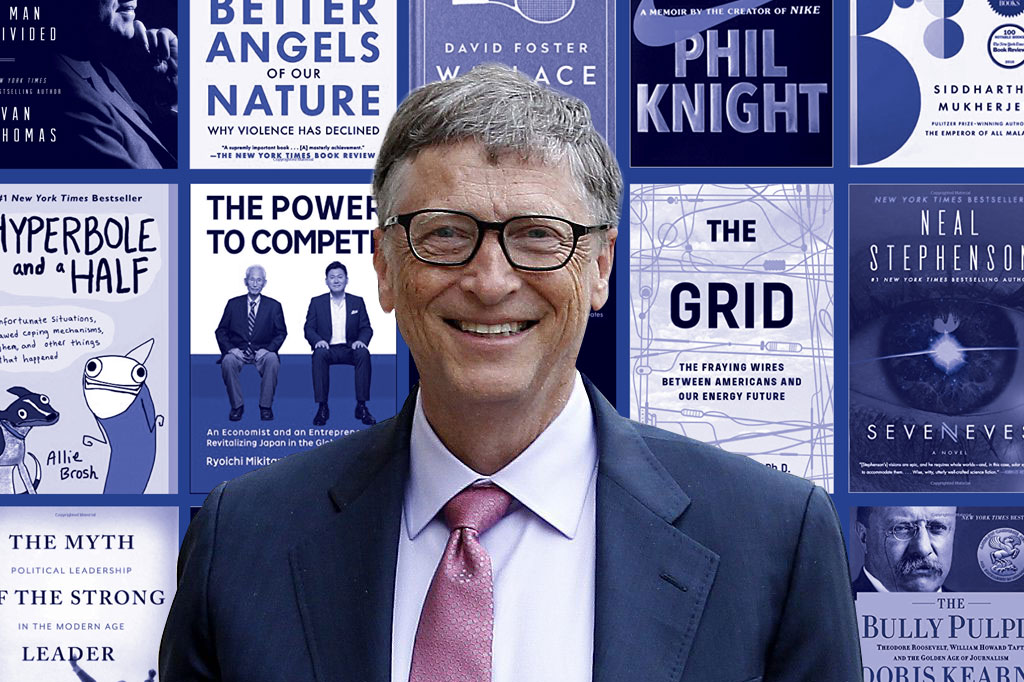What Magazines Does Bill Gates Read
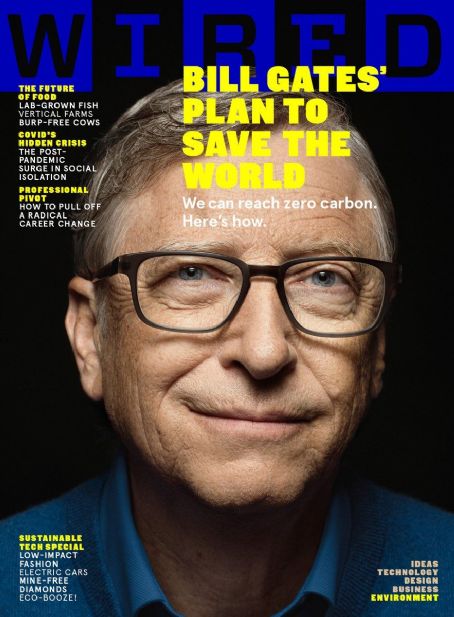
In a world saturated with information, even the most brilliant minds rely on curated sources to stay informed and shape their perspectives. For Bill Gates, the renowned philanthropist and co-founder of Microsoft, staying ahead of the curve requires a deliberate and discerning approach to media consumption.
This article dives into the magazines that pique the interest of Bill Gates, providing insights into the publications that help him understand global challenges, technological advancements, and the complex dynamics of various industries. Understanding his reading habits offers a glimpse into the intellectual framework that guides his philanthropic endeavors and investment strategies.
A Glimpse into Gates's Reading List
While Gates hasn't published a comprehensive list of his magazine subscriptions, interviews, blog posts, and public appearances offer valuable clues. He is known for his voracious appetite for knowledge, constantly seeking to learn about new developments in science, technology, and global health.
He is a well-known supporter of evidence-based decision-making, and his reading choices reflect this commitment.
Science and Technology
Science magazine is a staple for anyone interested in cutting-edge research. Published by the American Association for the Advancement of Science (AAAS), it covers a wide range of scientific disciplines, providing peer-reviewed articles and in-depth analysis of current scientific trends. Gates has frequently cited the importance of scientific innovation in addressing global challenges.
MIT Technology Review is another likely candidate, focusing on emerging technologies and their potential impact on society. Its reporting often explores the ethical and societal implications of new technologies, areas of particular interest to Gates.
Economics and Business
Staying informed about economic trends and business developments is critical for Gates's philanthropic and investment work. The Economist provides global coverage of economics, politics, and business, offering a sophisticated perspective on complex issues.
Gates has lauded the Economist's in-depth reporting and analytical rigor on numerous occasions.
Publications like Bloomberg Businessweek and Forbes, known for their coverage of corporate news, finance, and entrepreneurial ventures, likely play a role in his understanding of the business world.
Global Development and Health
Given the Bill & Melinda Gates Foundation's focus on global health and development, it's highly probable that Gates regularly reads publications related to these fields. The Lancet, a leading medical journal, publishes original research, reviews, and commentary on a wide range of health issues.
The journal provides crucial insights into disease prevention, treatment, and healthcare systems worldwide.
Publications from organizations like the World Health Organization (WHO) and the United Nations (UN), although not magazines in the traditional sense, provide valuable data and reports on global health and development trends.
Beyond the Pages: Other Sources of Information
While magazines provide a structured source of information, Gates also relies on other channels to stay informed. He is an avid reader of books, often sharing his recommendations on his blog, Gates Notes.
He also participates in conferences and engages with experts in various fields, allowing him to gather insights from firsthand experience.
The Gates Foundation actively funds research and initiatives, giving him access to a wealth of data and analysis that informs his understanding of global challenges.
Looking Ahead
As the world continues to evolve, Bill Gates's reading habits will likely adapt to reflect emerging trends and challenges. His focus on science, technology, global health, and economics suggests that he will continue to seek out publications that offer evidence-based analysis and innovative solutions.
By examining the magazines that shape his thinking, we can gain a better understanding of the issues that drive his philanthropic endeavors and the intellectual framework that guides his vision for a better future. His commitment to lifelong learning and evidence-based decision-making serves as an inspiration to anyone seeking to make a positive impact on the world.
